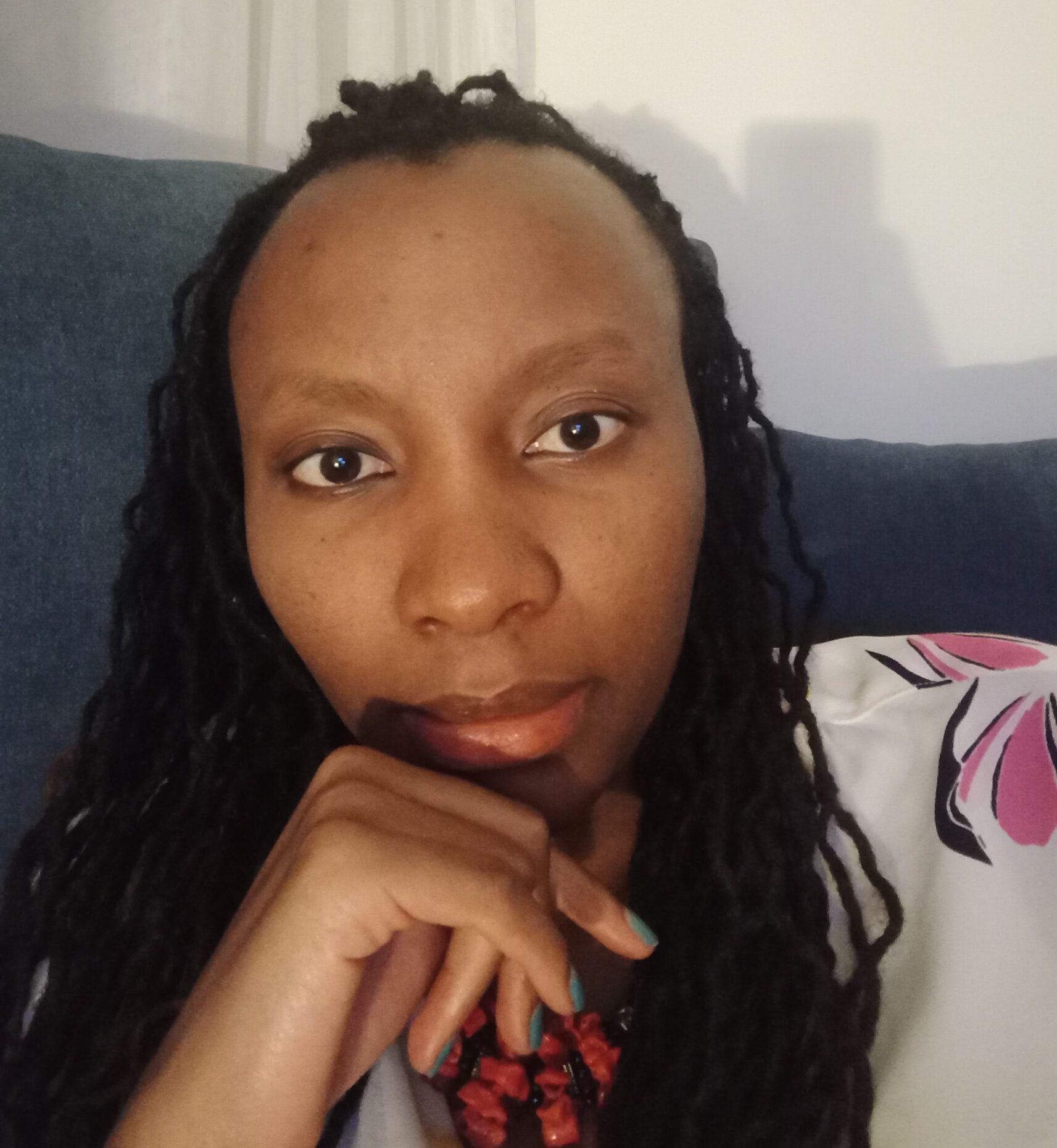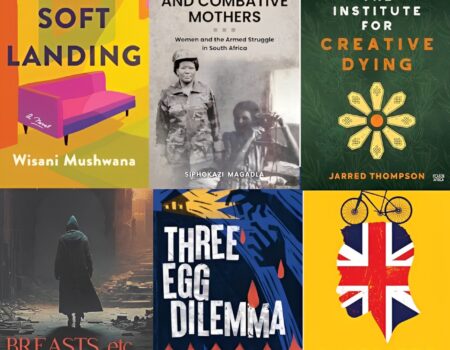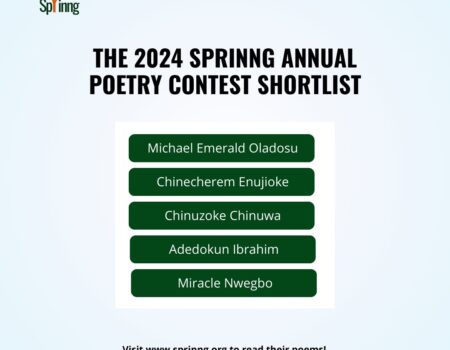A Master of Fine Arts (MFA), a graduate-level college degree earned by students who study and practise visual arts, performing arts, design or creative writing.
It is a terminal degree and will allow you to teach creative writing if you so desire. Also, jobs that require writing as a core skill will consider this an advanced degree and you may return to better pay here in Africa when you are done. Or you can go on to a PhD.
If you get full funding:
- The MFA offers you two-three free years to write, read, and spend time with writers, full time
- An MFA in the USA will allow you to easily secure a visa and travel abroad. You will likely never again have an issue with travelling abroad. And who knows, if you want you can even find work in the USA and migrate there permanently, if you so desire.
- Being in an MFA program puts you in a lot of contact with agents and publishers and could mean a publishing contract by the time you graduate.
- You will get to work with the world’s top writers.
As is the case with most things, there are cons:
- Unless you are very well read, you will always feel behind your colleagues who have English degrees and know their literature thoroughly, so take this time to learn about their world and expand yourself.
- If you get into a program where they have not worked with non-Americans before, you may find a lot of comments on your stories just don’t work for you. Take what works, throw away the rest. This is not a graded degree. You will pass anyway so don’t try to bend in a way you feel you should not. Listen to the things people don’t get and work to resolve them in your own
- Depending on the MFA you pick, you may not actually get to study writing craft closely. Many MFAs are workshop-based i.e. you submit your work for and participate in group critique or you participate in critiquing published work. This makes you a good editor. It doesn’t really teach you all the ways you can approach writing.
So, do you need an MFA to build a career in writing?
Not at all. You can learn how to write simply by studying works of fiction carefully. Makena recommends reading a copy of Francine Prose’s Reading Like A Writer.
Makena goes on to say:
“I left writing for 5 years after my MFA because I could not turn off the editor voice in my head. It took a Caine Prize nomination to consider writing again.”
The MFA application takes at least 3 months to complete. Most applications are due in December of the year before you commence your studies. Some are due earlier. The more time you spend on your application, the better your application will be, and the more likely you will secure a full scholarship.
Here is a summarised version of Makena’s guide for how to apply:
Step One: Prepare
- Many writers have gone to study their MFAs without having completed a significant body of work, but she encourages you to have TWO bodies of work ready, complete novel and short story collection manuscripts before making your application so as to spend most of your time at the MFA rewriting and editing. However, if you approach the MFA having adequately prepared, you will emerge a polished editor.
- You will most likely complete all your applications online via the Common Application website so no postage costs, but you will need money for application fees. The best schools and the ones likely to provide you a full scholarship will charge you at least $85.
- Your Portfolio:
- Part of your MFA application will be showing that you are a serious writer and therefore well-read. So pick 50 books you have never read before and read them then form an opinion about each. Read articles written about them too.
- Having stories published here and there is a great way to get the attention of the admissions committee. Make submitting short stories to magazines a priority.
- If you win prizes or get on a shortlist, you will 100% stand out from other applicants.
- Your writing community:
- Join a writing collective or apply for a workshop like Chimamanda Adichie’s.
- Volunteer to read submissions at local magazines or do the graphics e.t.c. (another great way to collect recommenders)
- Your Documents: you need to get all your transcripts from your various form schools and have them certified and in sealed envelopes. Schools may ask for these.
Step Two: Do your research
- Check the school lists and states.
- Note all important deadlines and requirements. Pin these somewhere prominent and get to work.
- Exams: to study both in the USA and in the UK you need to have sat and passed some exams, namely, the TOEFL and the GRE. This varies from school to school. Some want both, some want either, some want none and some will exempt you if you make a convincing case.
- TOEFL website: https://www.ets.org/toefl
- GRE website: https://www.ets.org/gre/
- Contact your schools: don’t be shy about contacting your schools’ admissions office to ask any questions you have or to just politely notify them that you will be applying and why you love their school. Form a rapport but one email is enough especially if you get no response or the response is lukewarm. Best way to do this is to make a list of sensible questions about things you cannot find anywhere on the website and use these to establish a dialogue.
Step Three: The Actual Application
- Common Application: most USA schools require you to apply via this website https://www.commonapp.org/ Check with the school though.
- Register for a common app account as early as possible
- Go through the entire form to make sure you have all the information and documents at hand.
- Alert recommenders: almost all schools will send a direct link to your recommenders via email asking for recommendations. Make sure they know those are coming. And make sure they know when deadlines are and that those deadlines are at least two weeks away. Essays: the second most important part of your application after your fiction portfolio. This is where schools find out if you can think, write, know your grammar, and have ideas and an interesting background.
- Pick and polish your best stories.
- Edit and Proofread: have people who have a clue proofread your fiction portfolio and your essay and even your common application. It is imperative that the quality of your work and grammar are of the highest standard!
- Follow up on recommenders until they hate you, slightly.
- Make sure everything gets to your schools on time and as requested.
Note that this is a paraphrased version of Makena’s guide. To read more, visit Makena’s full guide.
Bongiwe T. Maphosa
Bongiwe Maphosa is a budding author with a passion for storytelling. With her thought-provoking narratives, she takes her readers on a literary adventure. Bongiwe's works on the human condition from a fresh perspective have earned her recognition and publications in the Avbob Poetry Anthology of 2019, The Writer's Club of South Africa 2021, and JAY Lit in 2021. She hopes to cement her place in the literary community.





